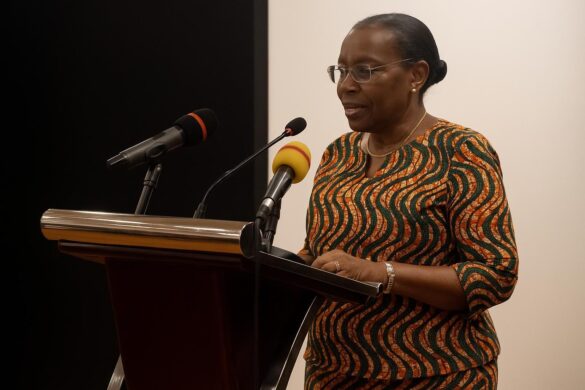Brazzaville Sets the Stage for a New Term
Soft morning light filtered through the glass atrium of the Grand Lancaster Hotel on October 30, 2025, as the inaugural and ordinary session of the Economic, Social, and Environmental Council (CESE) was opened.
The Prime Minister, flanked by cabinet members and representatives from UN agencies, took a front-row seat, signaling strong executive support for the advisory body’s new five-year term.
A Consultative Pillar in National Governance
The CESE holds a unique place in Congo’s institutional architecture. Created to channel the views of organized civil society into policy-making, the council issues non-binding opinions that often guide legislative drafting or ministerial decrees.
Its 150 advisors come from chambers of commerce, agricultural unions, professional orders, faith-based groups, and academia—a constellation described as “the living fabric of our nation” during the opening address.
Balancing Recognition with Constructive Vigilance
Beginning her second term, the former health minister thanked the government for maintaining an “unbroken thread of dialogue,” while highlighting areas that, in her words, “call for vigilance.”
Among these is the concrete implementation of the 2023 organic law on CESE operations regarding gender parity. The statute mandates that at least half the seats be held by women—a goal celebrated when 56% female representation was achieved in the previous term.
Parity Figures Call for Close Scrutiny
According to the presidential decree of May 13, 2025, women now comprise 48% of advisors. This slight gap was presented as an administrative oversight rather than a regression, with corrective measures potentially restoring full compliance during mid-term renewals.
Observers from the national council for gender equality indicated the gap could close once vacant seats for rural cooperatives are filled later this year.
Government Response Emphasizes Consensus Culture
In a brief response, the Prime Minister committed to “carefully review the figures” while stressing that the CESE’s core value lies in promoting social peace through consensus. “Our strength as a pluralistic society rests on consultation, not confrontation,” he told the plenary assembly, drawing sustained applause.
Behind the scenes, senior officials indicated a joint task force between the Ministries of Public Service and Gender Equality might review nomination procedures before the 2026 supplementary session.
Youth Representation Gains Prominence
Statistics were also presented showing members under 40 comprise barely 12% of the assembly, despite two-thirds of the national population being below that age. The idea of establishing a youth quota within each socio-professional college was proposed—an idea already circulating among student leagues.
Economic analyses suggest integrating younger voices into policy debates on the digital economy and climate finance could sharpen the council’s forward-looking perspective.
A Platform for Inclusive Development Goals
Throughout the morning, references to the Sustainable Development Goals, Africa’s Agenda 2063, and
